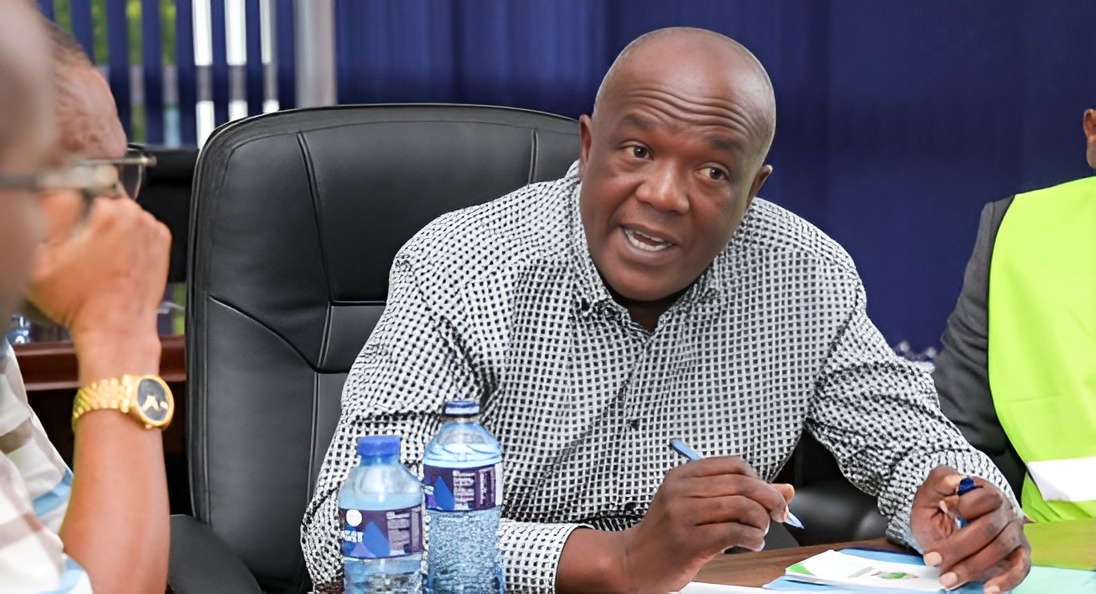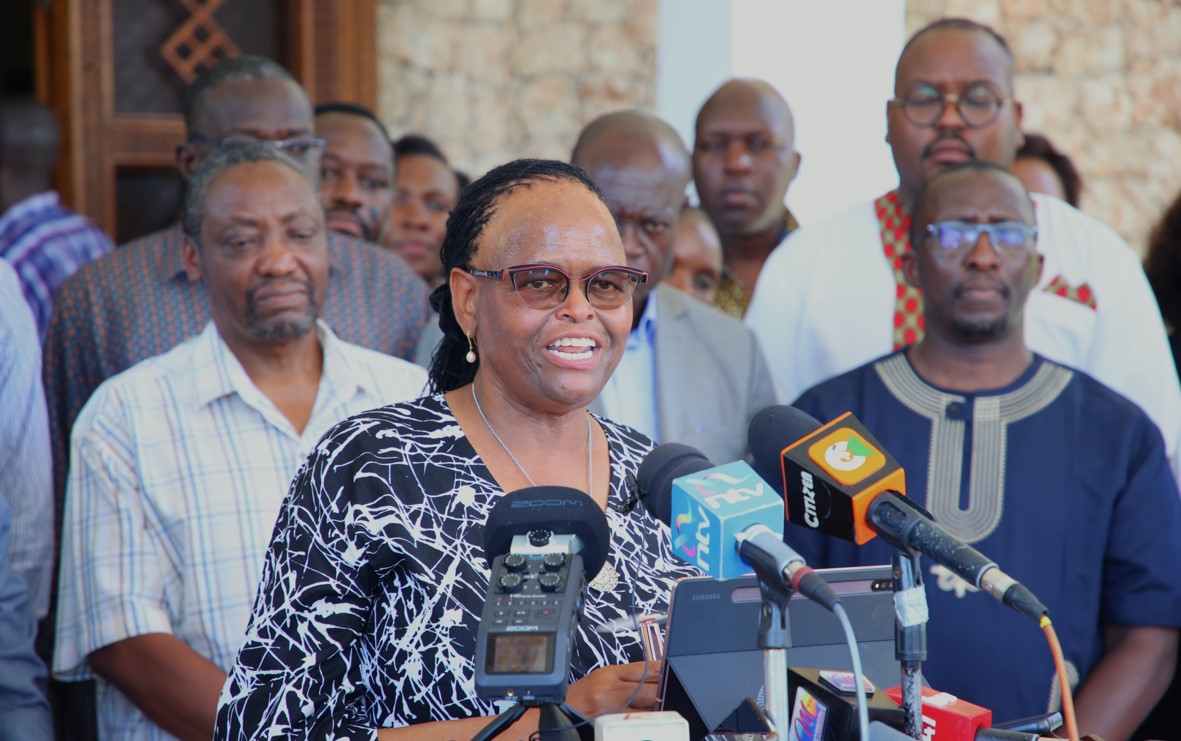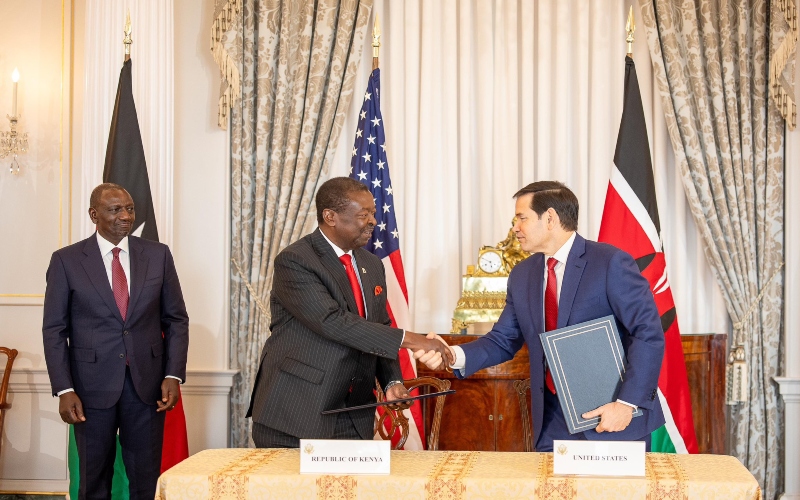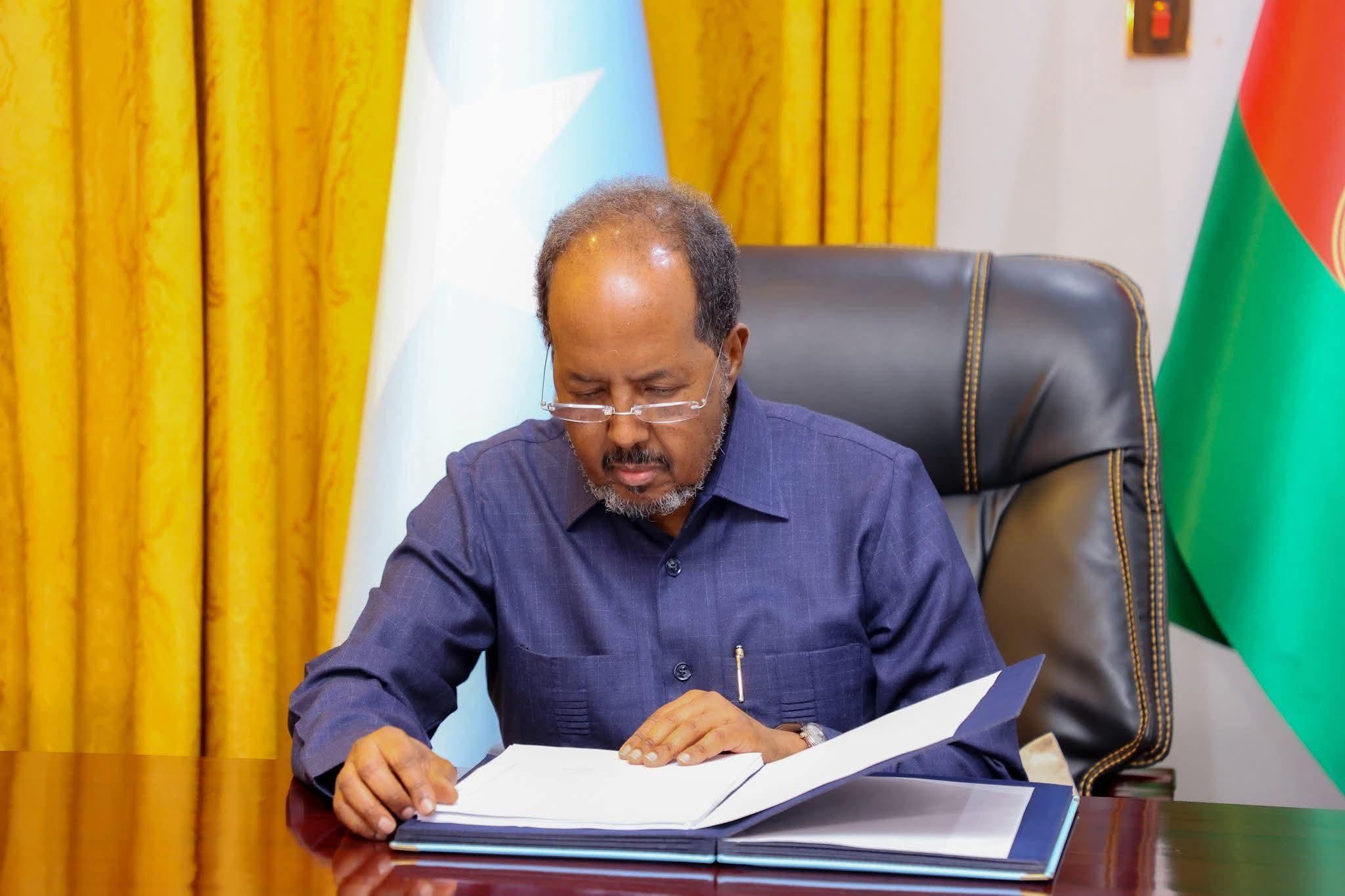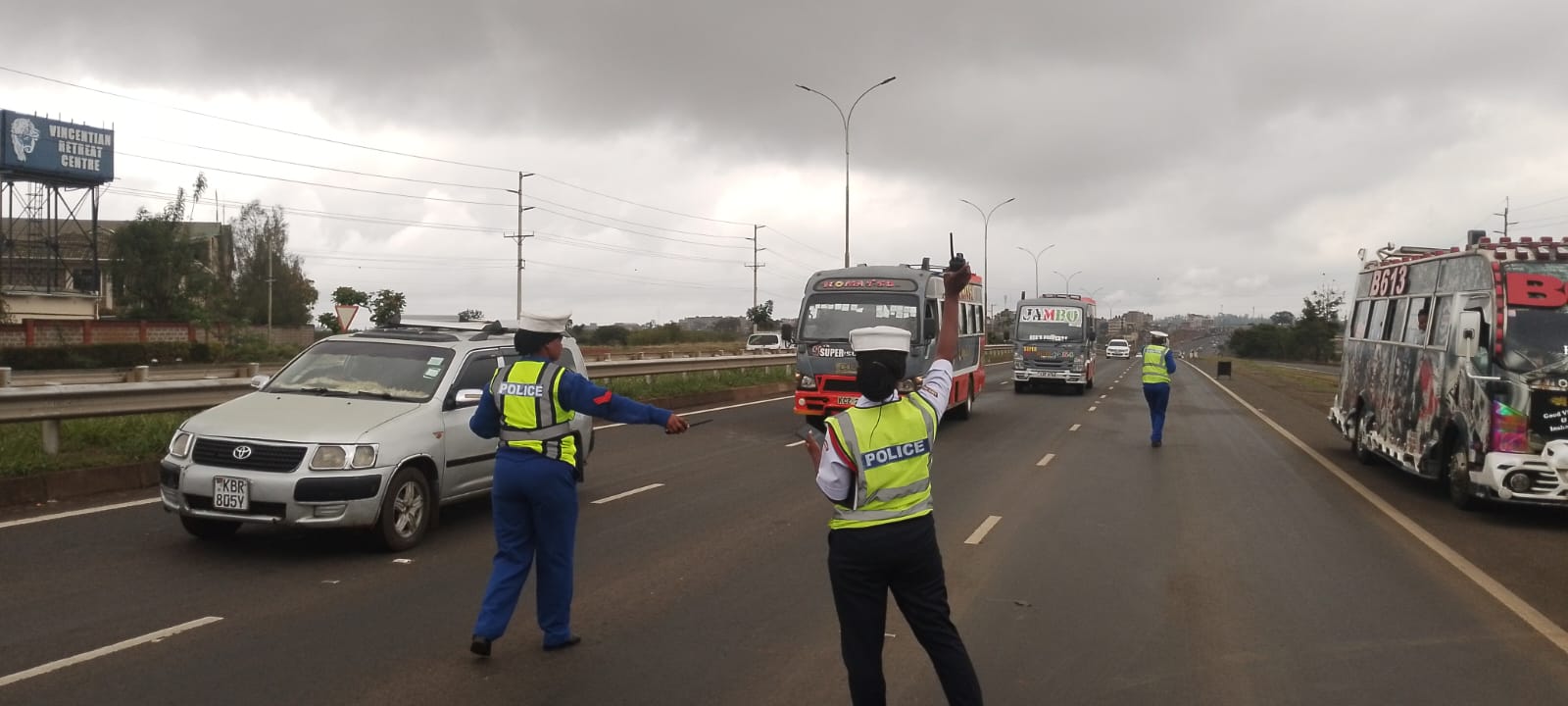MSF raises alarm over worsening cholera epidemic in DRC, over 58,000 cases reported
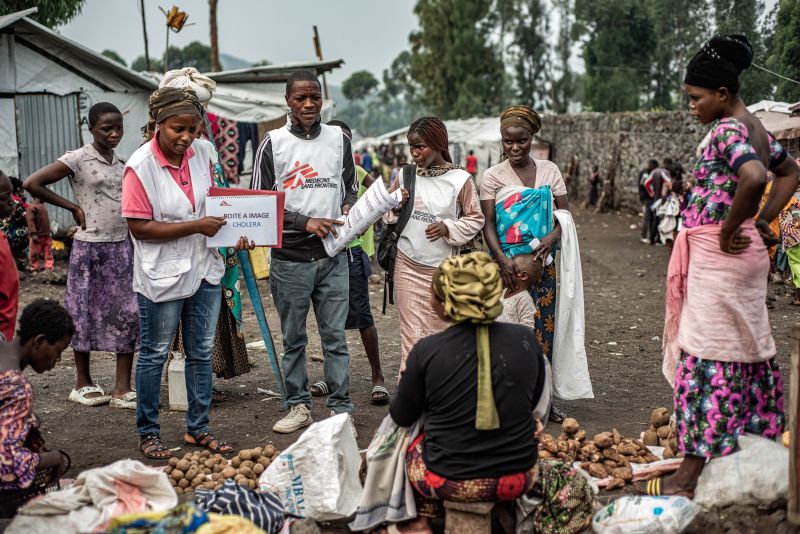
The situation continues to deteriorate and is spreading to new health zones, including provinces that were previously not endemic for cholera. Floods, conflict, displacement, and inadequate sanitation and water systems are all fuelling the epidemic.
Médecins Sans Frontières (MSF) is sounding the alarm over the worsening cholera epidemic in the Democratic Republic of Congo (DRC), after the Ministry of Health recorded more than 58,000 suspected cases in the past nine months.
The organisation described the outbreak as one of the worst in the past decade, revealing the scale of the health crisis ravaging the country.
More To Read
- Burundi closes border with DR Congo after M23 enters Uvira, sources say
- Third Kilifi health forum opens with urgent calls for financing, digital solutions
- England confirms new mpox strain: What you need to know
- Kenya urges stronger regional cooperation as transport corridors fuel disease risks across East Africa
- How Trump–Ruto health deal fills the void left after USAID exit
- UN hails DR Congo-Rwanda peace deal amid ongoing hostilities in the east
“Twenty of the country’s 26 provinces are now affected. From January to mid-October, more than 1,700 deaths have been recorded, with a fatality rate exceeding three per cent,” said MSF.
The situation continues to deteriorate and is spreading to new health zones, including provinces that were previously not endemic for cholera. Floods, conflict, displacement, and inadequate sanitation and water systems are all fuelling the epidemic.
With the rainy season approaching, MSF warned that the crisis could worsen further, increasing the risk of transmission and contamination. The organisation called for immediate reinforcement and mobilisation of national authorities, humanitarian agencies, and international partners to help contain the spread.
“The rapid spread of the epidemic across the country this year is of particular concern to us, especially during the rainy season. We fear further outbreaks if urgent measures are not taken,” said Dr Jean-Gilbert Ndong, an MSF physician and medical coordinator in the DRC.
“At this critical stage, only a general mobilisation will make it possible to contain the disease and slow the alarming spread of epidemic outbreaks,” he added.
Since January, MSF has intensified its response across several provinces, including North and South Kivu, Maniema, Sankuru, Tshopo, Équateur, Kinshasa, Mai-Ndombe, Haut-Katanga, and Tanganyika.
During this period, the organisation has conducted 16 emergency interventions in support of the Ministry of Health, treating more than 35,800 patients and vaccinating over 22,000 people against the disease. MSF teams remain on the ground in the most affected areas, such as Fizi (South Kivu) and Kongakonga (Tshopo).
However, Ton Berg, MSF’s programme manager in South Kivu, said the situation remains alarming wherever teams are deployed, as existing structures are ill-equipped to manage cholera, and medical supplies and vaccines are in short supply.
“We are working with local Ministry of Health staff to try to contain the disease. But the scale of the crisis requires urgent mobilisation of all partners, even in remote areas. The Congolese government and humanitarian agencies must strengthen financial and medical resources, particularly vaccine distribution and delivery, as well as the emergency response mechanism to support the fight against cholera,” he urged.
Key challenges facing response efforts include insufficient government funding, limited presence of humanitarian agencies, poor coordination in the emergency response mechanism, weak surveillance and case-identification systems, shortages of medical personnel and supplies, and restricted vaccine distribution. These issues are further undermining the delivery of a rapid, effective, and sustainable response.
“We call for coordinated and urgent action to ensure the rapid provision of medical care, including unimpeded access and sustained investment in safe drinking water and sanitation,” said Berg.
He added that persistent insecurity, marked by clashes between armed groups along major roads, continues to hinder movement and delay aid delivery, forcing teams to take long detours to avoid high-risk areas.
Cholera is a highly contagious bacterial infection that is both treatable and preventable, but without prompt care, it can quickly become fatal.
Poor hygiene conditions, limited access to clean water, and inadequate sanitation contribute to the spread of the disease, particularly in densely populated areas such as Kinshasa and in rural regions with high numbers of internally displaced people.
MSF teams have intensified their efforts to fill the gaps left by inadequate emergency response mechanisms within the health authorities and other agencies.
“To slow the spread of the disease, MSF is supporting the Ministry of Health in providing medical care in specialised treatment centres, training community health workers, setting up chlorination points, and strengthening water and sanitation systems,” said the organisation.
It added that cholera must be placed at the top of the national agenda as a major public health threat in the DRC.
Top Stories Today
Reader Comments
Trending
